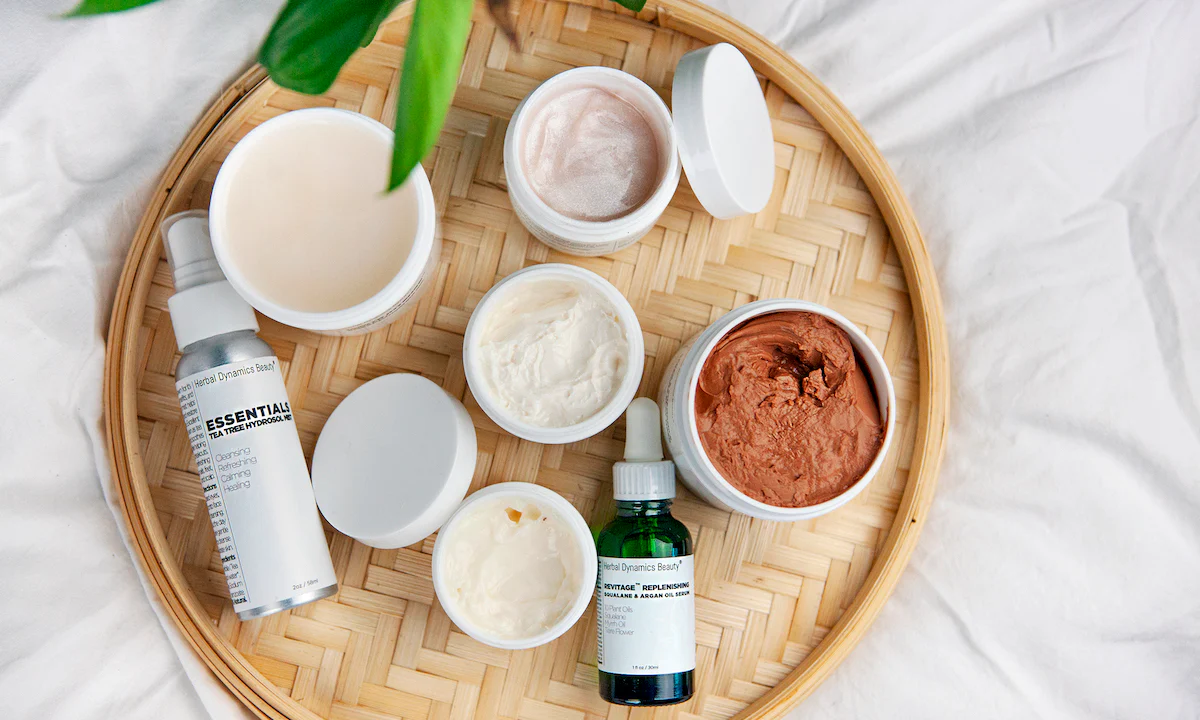Skincare is more than just a beauty routine; it’s an essential part of maintaining the health and vitality of your skin. A good skincare regimen helps protect against environmental damage, slows down the signs of aging, and gives you the confidence that comes from a clear, glowing complexion. Whether you’re a skincare newbie or a seasoned enthusiast, this guide covers everything you need to know to create a routine that works for your skin type.
Understand Your Skin Type
Knowing your skin type is the first step toward choosing the right products and treatments. The most common skin types include:
- Oily: Prone to shine and excess sebum production, often leading to enlarged pores and acne.
- Dry: Can feel tight and rough, especially after cleansing, and may be prone to flakiness.
- Combination: A mix of oily and dry areas, usually oily in the T-zone (forehead, nose, chin) and dry elsewhere.
- Sensitive: Reacts easily to products and environmental factors, often resulting in redness or irritation.
- Normal: Well-balanced skin that is neither too oily nor too dry, with minimal breakouts.
Tip: If you’re not sure of your skin type, consult a dermatologist or perform a simple blotting paper test to see where your skin might be producing excess oil.
The Essential Skincare Routine
A basic skincare routine involves three key steps: cleanse, moisturize, and protect. Here’s how to build a solid foundation for healthy skin:
- Cleanser: Choose a gentle cleanser that suits your skin type. Cleansing helps remove dirt, oil, and impurities that can clog pores. Avoid harsh cleansers that strip your skin of its natural moisture.
- Moisturizer: Even if you have oily skin, moisturizing is essential. It helps balance your skin’s hydration levels and prevents it from producing excess oil. Look for lightweight, non-comedogenic formulas if you have oily or acne-prone skin.
- Sunscreen: Sunscreen is crucial for protecting your skin from harmful UV rays, which can cause premature aging, sunburn, and skin cancer. Use a broad-spectrum SPF of at least 30 every day, even on cloudy days.
Tip: Apply sunscreen as the last step of your morning routine and make sure to reapply every two hours if you’re spending time outdoors.
Exfoliate for Smoother Skin
Exfoliation helps remove dead skin cells that can make your complexion look dull. It also allows your other skincare products to penetrate more effectively. There are two types of exfoliants:
- Physical Exfoliants: These use small granules or brushes to manually slough off dead skin. Be gentle with these to avoid irritating your skin.
- Chemical Exfoliants: These use acids like alpha-hydroxy acids (AHAs) and beta-hydroxy acids (BHAs) to dissolve dead skin cells. They can be more effective and less abrasive than physical exfoliants.
Tip: Limit exfoliation to 2-3 times per week to avoid over-exfoliating, which can lead to sensitivity and irritation.
Incorporate Serums for Targeted Treatment
Serums are lightweight, fast-absorbing liquids packed with active ingredients to address specific skin concerns like fine lines, dark spots, or acne. Some popular serums include:
- Vitamin C: Brightens the skin and fights free radical damage.
- Hyaluronic Acid: Hydrates the skin by attracting moisture, giving it a plump appearance.
- Retinol: Helps reduce fine lines and wrinkles by increasing cell turnover.
Tip: Introduce new serums gradually into your routine, especially active ingredients like retinol, to avoid irritation.
Don’t Forget About Eye Care
The skin around your eyes is thinner and more delicate than the rest of your face, making it more prone to fine lines and puffiness. Using an eye cream can help with hydration, dark circles, and puffiness. Look for products containing caffeine, peptides, and hyaluronic acid for best results.
Tip: Use your ring finger to apply eye cream gently, as it exerts the least pressure.
Masking for a Little Extra Care
Face masks can provide a boost of hydration or a deep cleansing effect, depending on your needs. Clay masks are great for oily and acne-prone skin, while sheet masks or hydrating masks are ideal for dry skin. Use a face mask 1-2 times a week as a self-care treat and a way to address specific skin concerns.
Tip: For an at-home spa experience, apply a mask after a warm shower to open up your pores for better absorption.
Adopt a Healthy Lifestyle for Glowing Skin
Skincare is more than just the products you apply; it’s also influenced by your lifestyle. Stay hydrated, eat a balanced diet rich in antioxidants, and get enough sleep to support your skin’s natural repair processes. Reducing stress through activities like yoga or meditation can also have a positive impact on your skin.
Tip: Consider taking supplements like omega-3 fatty acids or collagen peptides, which can support skin elasticity and hydration.
Conclusion: The Path to Healthy, Radiant Skin
Building a skincare routine doesn’t have to be complicated. By understanding your skin’s needs and sticking to a consistent regimen, you can achieve a glowing, healthy complexion. Remember, results take time, so be patient and give your skin the care it deserves. Happy skincare journey!

